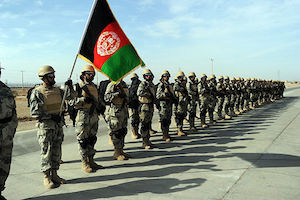Taliban and ISKP Attacks Foreshadows Violent Year in Afghanistan
By Sudha Ramachandran
March 13, 2018, the CACI Analyst
Afghanistan has seen a bloody start of the New Year. In January, the Taliban and the Islamic State of Khorasan Province (ISKP) – Khorasan is the old name for Afghanistan and surrounding areas – carried out four major attacks on high-profile targets in Kabul. With competition between the two intensifying and each trying to outdo the other in the magnitude of the terror they unleash, violent attacks in the Afghan capital can be expected to increase this year. Public confidence in the Afghan government has hit rock bottom.
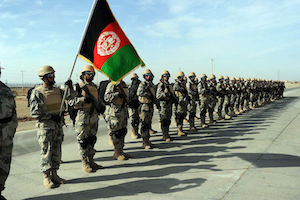
China to Provide Military Assistance to Afghanistan's Badakhshan Province
By John C. K. Daly
March 9, 2018, the CACI Analyst
In December 2017 during a meeting in Beijing between Chinese Defense Minister Chang Wanquan and Afghan Defense Minister Tariq Shah Bahrami, China’s Central Military Commission vice chairman Xu Qiliang stated that China would build a military facility in Afghanistan’s northeastern Badakhshan province to “strengthen pragmatic cooperation in areas of military exchange and anti-terrorism and safeguard the security of the two countries and the region, making contributions to the development of China-Afghanistan strategic partnership of cooperation.” China’s main motive is to interdict the flow of Uyghur militants to and from Xinjiang, yet the initiative potentially has wider implications for Afghanistan and the region.
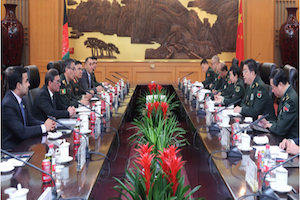
Iran's Chabahar Port Empowers India-Afghanistan Trade at Pakistan's Expense
By Sudha Ramachandran
January 10, 2018, the CACI Analyst
On November 11, a consignment of 15,000 tons of wheat arrived in Afghanistan from India via Iran’s Chabahar port. This is an important milestone for the three countries as it marks the operationalization of the transit trade agreement they signed in 2017. In addition, the first phase of the development of Chabahar port has been completed. It is expected to energize Iran’s economy and provide India with a gateway for overland access to Afghanistan and the Central Asian states. Importantly, landlocked Afghanistan now has another outlet to the sea, reducing its dependence on Pakistani ports. This will reduce Islamabad’s influence over Afghanistan.
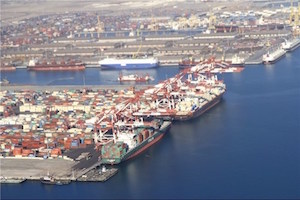
Will the Lapis Lazuli Railway Corridor Finally End Afghanistan's Isolation?
By John C. K. Daly
December 1, 2017, the CACI Analyst
On November 15 during the 7th Regional Economic Cooperation Conference on Afghanistan (RECCA-VII) in Ashgabat Turkey, Afghanistan, Turkmenistan, Azerbaijan and Georgia signed an agreement providing for a major international trade and transport corridor stretching from Turkey to Afghanistan via the post-Soviet Central Asian republics, named the “Lapis Lazuli Corridor.” While many practical problems remain, the development and operation of such a railway corridor has enormous implications for the countries along its route, particularly Afghanistan.
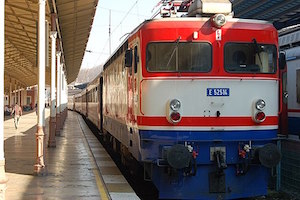
Are We Seeing the Beginning of ISIS-Taliban Collaboration in Afghanistan?
By Sudha Ramachandran
November 13, 2017, the CACI Analyst
The attack at Mirza Olang village in Sayad district of Afghanistan’s Sar-e Pul Province on August 5 is reported to have been a joint operation by the Taliban and the Islamic State of Khorasan Province (ISKP), the local branch of the terrorist organization known as the Islamic State of Iraq and Syria (ISIS) (Khorasan is an old name for the region that includes parts of present-day Afghanistan, Pakistan, Iran and Central Asia). If the Taliban and ISKP did indeed join forces to carry out the attack, this is bad news for the Afghan government and people. However, given the huge differences and tense relations between the two armed groups, cooperation, if any, is likely to be local, tactical and short-lived.
